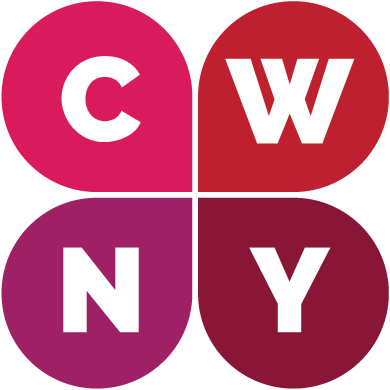Updated: June 1, 2023
“LGBTQIA+ is an acronym for lesbian, gay, bisexual, transgender, queer or questioning, intersex, asexual, and more. These terms are used to describe a person’s sexual orientation or gender identity.” – Lesbian & Gay Community Services Center.
Callen-Lorde – A comprehensive, sensitive primary and sexual healthcare and wellness center. Payment/insurance options available include a sliding scaled for the uninsured.
Provides HIV-related care, hormone therapy, mental health, care coordination and case management, and assists patients in navigating housing, health benefits, and immigration issues in order to remove barriers to care.
Bronx: 3144 3rd Ave, Bronx, NY 10451 – (718) 215-1800
Brooklyn: 40 Flatbush Ave Ext, Brooklyn, NY 11201 – (212) 271-7200
Chelsea: 356 West 18th St., New York, NY 10011 – (212) 271-7200
Thea Spyer Center: 230 West 17th St, New York, NY 10011 – (212) 271-7200
Providers are on-call outside clinical hours: (212) 271-7200 or (718) 215-1818
Gay Men’s Health Crisis (GMHC) – World’s first HIV/AIDS service organization working to end the AIDS epidemic and uplift the lives of all affected.
Hotline: (800) 243-7692
GMHC Main Office & Testing Center
307 West 38th Street, New York, NY 10018-9502
(212) 367-1000 or email: [email protected]
The Trans Equity Health Program: health and well-being of TGNCNB people.
Most services require you to enroll as a client. First step: meet with an intake specialist.
Walk-in appointments: Tuesday-Thursday, 9:30 am-4:30 pm.
Monday and Friday hours are by appointment only. Make an appointment: call: (212) 367-1057 or email: [email protected]
Gaycenter.org – Provides a range of programs, services and counseling options to help LGBT communities protect and preserve their health.
208 West 13 St., New York, NY 10011 – (212) 620-7310
Mount Sinai Health System
LGB/TGNB Health Care
Email: [email protected]
The Mount Sinai Center for Transgender Medicine and Surgery – CTMS delivers advanced care for transgender and non-binary people.
275 Seventh Avenue, 12th Floor, New York, NY 10001
212-604-1730 or email: [email protected]
Planned Parenthood – New York – Transgender services are some of what they provide
(800) 230-7526
LGBT National Hotline – Hotlines, programs, and services
New York City Local Hotline: (212) 989-0999
The Trevor Project – The leading national organization with trained counselors and specialists providing crisis intervention and suicide prevention services to lesbian, gay, bisexual, transgender, queer & questioning youth.
Crisis hotline: (866) 488-7386
Live chat
Text START to 678678
Health Care Access for Transgender Women – healthywomen.org
Lesbian, Gay, Bisexual and Transgender Health – Centers for Disease Control and Prevention (CDC)
LGBT – Overview & Objectives – Office of Disease Prevention and Health Promotion (OASH), Healthy People 2030
National Coalition for LGBTQ Health
Health Care Disparities Among Lesbian, Gay, Bisexual, and Transgender Youth: A Literature Review – National Library of Medicine, National Center for Biotechnology Information, Cureus Journal of Medical Science
LGBTQIA+ Health Education Center
LGBTQ+ Services – NYC Health + Hospitals
LGBTQ+ Community Healthcare Resources Near You – OutCare Health
CWNY’s list of resources on HIV/AIDS – Center for the Women of New York (CWNY)
CWNY’s list of resources on Pride Month – Center for the Women of New York (CWNY)
